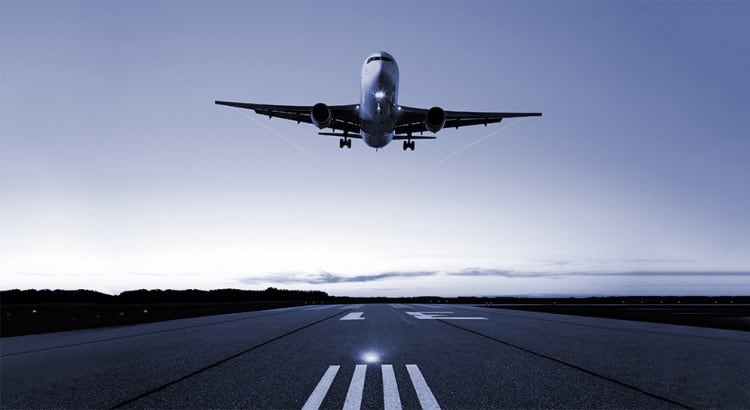
The purity of aviation fuel can be determined via a viscosity measurement.
If the viscosity of the aviation fuel is too high, this is a problem for the injection nozzles of the turbines. During fuel injection, the nozzles then have to use more energy to spray the fuel. This shortens the working life of the injection nozzles, which leads to greater maintenance costs and causes re-ignition of the engine in case of a failure during flight. The viscosity also affects the pressure drop in the fuel lines. The higher the viscosity, the higher the pressure drop. As a consequence the fuel pump must work harder to guarantee a constant flow rate so that the turbines can continue working as required.
Follow this link to read on our blog about the Purity of Aviation Fuel as an Essential Factor in the Aviation Industry: http://goo.gl/WNu0VU
Besides a number of other parameters, most aviation fuel types must fulfill a viscosity specification according to the respective standards.
Anton Paar provides the SVM 3001 Stabinger Viscometer that measures according to ASTM D7042 and ASTM D4052. This standard gives results comparable to ASTM D445, DIN 51562 and ISO 3104. It is an excellent solution for fast and economical viscosity measurement at negative temperatures.
Download the 10-page Application Report to learn more about Aviation Fuel.










National Gas receives funding to develop Gravitricity underground hydrogen storage system
One single rock salt mine - Winsford - has 23 <i>MILLION </i>cubic metres of void and even allowing for 10% of that void set aside for hazardous waste...